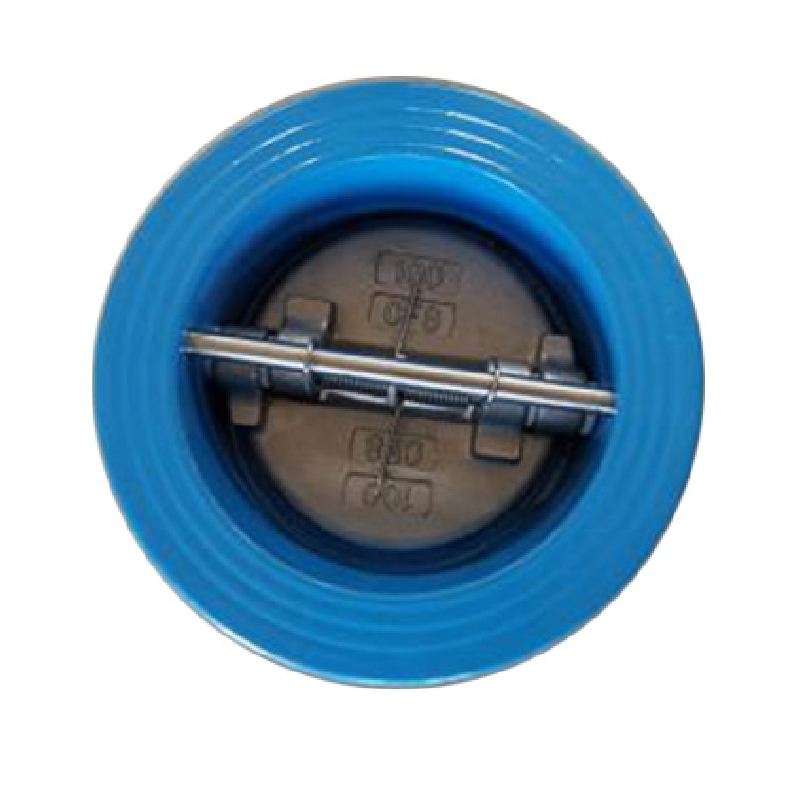Dec . 23, 2024 10:14 Back to list
resilient seat gate valve
The Resilient Seat Gate Valve A Key Component in Modern Fluid Control Systems
In various engineering applications, the efficient management of fluids is paramount. From water treatment plants to oil refineries, the need for reliable control mechanisms has led to the development of advanced valve technology. Among these, the resilient seat gate valve stands out due to its unique design and operational benefits.
What is a Resilient Seat Gate Valve?
A resilient seat gate valve is a type of valve that utilizes a flexible, elastomeric material as its seating surface. Unlike traditional gate valves that use metal-to-metal seals, the resilient seat provides a tight seal that minimizes leakage, thereby enhancing overall efficiency. This design is particularly beneficial in applications requiring a complete shut-off or isolation of flow.
Construction and Design
The construction of resilient seat gate valves involves several key components the valve body, gate, resilient seat, and actuator
. The valve body is typically made from robust materials like cast iron, ductile iron, or carbon steel, providing durability and resistance to corrosion. The gate, which is usually a solid slab, moves up and down to open or close the flow path.The resilient seat, made from materials like EPDM or NBR, is designed to absorb pressure and provide a tight seal against the gate when it is closed. This unique feature not only enhances sealing performance but also allows for a longer lifespan due to the reduced wear on the metal components. With various sizes and pressure ratings, these valves can be engineered to meet specific operational demands.
Advantages of Resilient Seat Gate Valves
1. Improved Sealing Performance The primary advantage of resilient seat gate valves is their superior sealing capability. The elastomeric seat conforms to the gate, ensuring a leak-tight fit even under fluctuating pressures. This is particularly crucial in situations where even minor leaks can lead to significant operational issues or environmental concerns.
resilient seat gate valve

2. Reduced Maintenance Due to the resilience of the seating material, these valves require less maintenance compared to traditional metallic seating valves. The wear and tear usually associated with moving parts are significantly diminished, which can lead to cost savings over the valve's lifecycle.
3. Versatile Applications Resilient seat gate valves are highly versatile and can be used in various applications, including water supply, wastewater treatment, fire protection systems, and in industrial settings. Their ability to effectively isolate flow makes them ideal for both on/off service and throttling applications.
4. Corrosion Resistance Many resilient seat gate valves are designed with corrosion-resistant coatings and materials, enhancing their performance in harsh environments. This feature is essential in industries where substances like chemicals and saline solutions are handled.
5. Ease of Operation These valves can be easily operated manually or via automated systems. The design allows for smooth operation, requiring minimal effort to open and close. This is especially beneficial in large-scale facilities where valve manipulation occurs frequently.
Challenges and Considerations
While resilient seat gate valves offer numerous benefits, there are some challenges to consider. For instance, the operating temperature and pressure ratings must be adhered to, as excessive heat or pressure can compromise the resilient seating material. Additionally, proper installation and alignment are crucial to ensure optimal performance and longevity.
Conclusion
The resilient seat gate valve represents a significant advancement in valve technology, providing enhanced performance, reliability, and efficiency across a range of industries. As the demand for sustainable and reliable fluid control solutions grows, these valves are likely to play an increasingly important role. Engineers and facility managers are encouraged to consider resilient seat gate valves as a viable option for their fluid management systems, ensuring operational excellence while minimizing environmental impact. Whether in water treatment, industrial processing, or municipal applications, the resilient seat gate valve is undoubtedly a crucial component in the modern engineering landscape.
Share
-
Reliable Wafer Type Butterfly Valves for Every IndustryNewsJul.25,2025
-
Reliable Flow Control Begins with the Right Ball Check ValveNewsJul.25,2025
-
Precision Flow Control Starts with Quality ValvesNewsJul.25,2025
-
Industrial Flow Control ReliabilityNewsJul.25,2025
-
Engineered for Efficiency Gate Valves That Power Industrial PerformanceNewsJul.25,2025
-
Empowering Infrastructure Through Quality ManufacturingNewsJul.25,2025